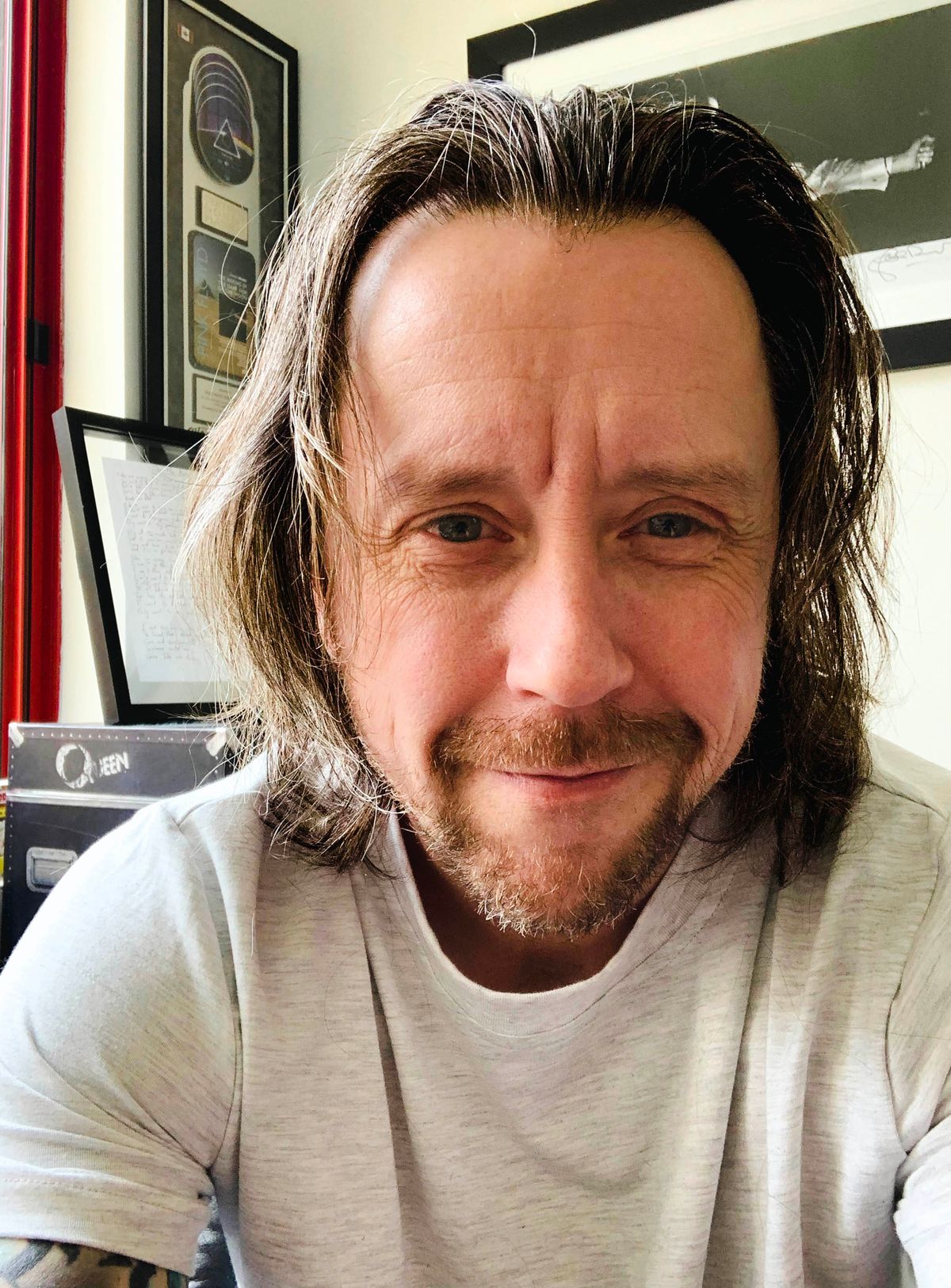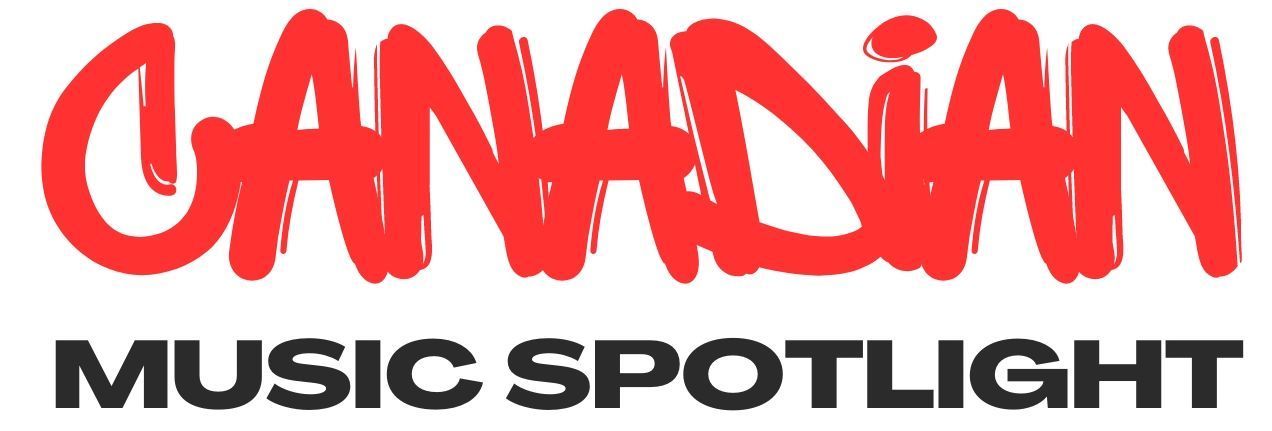No Label, No Problem

By Jeff Nedza
For today's recording artists, recording and releasing music has never been more accessible. Streaming has eliminated the overhead of manufacturing physical goods. Technology is placing many of the necessary resources and tools at your fingertips. Social media lets you instantly connect with and speak directly to your base and potential new fans. Dropping a track, ep, or album is more affordable and with little barrier to entry. And what better time than now? The past decade has produced more homegrown and DIY breakthrough success stories than ever. As the ways music is created and consumed have changed, so too have the aspects of the business once exclusively controlled by record labels. The necessities of making and releasing music are widely available to anyone with a laptop or smartphone. A stand-out indie release these days is very achievable, not to insinuate easy, quite the opposite actually. But with the right work ethic and mindset, it is being done routinely and, best of all, proving to generate success stories. You can do this, and you don’t need a label to do it right.
Now let's assume you've written some outstanding material, not just song ideas or demos but polished-to-perfection songs you are proud of, songs you want to stand behind and promote as widely as possible. Make the best recording you can with the funds and resources available. Having a quality recording will showcase you and your art but remember, I said, with the funds and resources available. Researched grant funds that may be available to you as Canadian artist. Canada has exceptional federal, provincial, and privately funded programs to support the arts. See how you may quality for them. Admittedly, not everyone can produce what a significant recording budget, professional studio, and skilled studio techs can, however, the delta between high-end professional recordings and home recordings is not nearly as wide as it once was. Whether you've recorded at a studio with a producer or on your own in a home studio, take the time to get your mix into the best possible shape you can before moving on. Put them under the magnifying glass. You may love your 6-minute epic as the single, but a label would advise you that a single closer to three and a half minutes stands a better chance of getting on the radio or onto a playlist. Ultimately, it's your call, but carefully consider your options.
Luminate (formerly MRC/SoundScan) estimates that in the first quarter of 2023, an average of 120,000 songs were uploaded to streaming platforms PER DAY! That is a lot, so let's collectively do our part by keeping song ideas, mediocre demos, and that identifiably bad love song you made for your ex off streaming platforms. Polished tracks, EPs, and albums only! And that's not just a commentary on clutter; it's about putting as you best foot forward; that's 119,000 tracks you will be competing with. Make it count. With your expectational songs now recorded and mixed, get them mastered. It makes a difference. Low on funds? Web-based mastering is a cost-efficient online service with sites such as eMastered, Landr, and BandLab offering very affordable mastering packages. Note, these are AI-based mastering services, and the result will vary. While these are decent options, AI doesn't top human ears and intuition. Sorry SkyNet.
With your mastered outstanding material in hand, choosing a distribution service is your next step, and there are several options here. There are a few different levels or types of distribution; however, we will be focusing solely on digital distribution through open distribution platforms. Most platforms are incredibly similar in services, with only slightly different costs and offerings. For example, the popular choice in DistroKid is accessed via an annual fee, giving you unlimited uploads for a single artist and no royalty commission. Alternatively, CDBaby has no annual fee and offers two different service levels for both single releases and albums. The finer print states they keep 9 percent of your digital distribution revenue, which is reasonable given their low cost per package. Ditto competes directly with DistroKid with an annual fee and takes no royalties. Other options exist TuneCore, Landr, Horus, and so on. Do your research and see what platform works best for you. Ultimately, they will all deliver your music to the over 30 platforms available today. If you have demand for physical goods, fantastic, but you'll need to enter into a more complex arrangement to get those to store level or opt to only make your physical product available through online stores or Bandcamp. Setting up the "starter" Shopify package allows you to sell your products on socials and Spotify with the setup taking only minutes. Do this! Artists selling direct to fans is a proven winner.
Jeff Nedza is Vice President of Marketing for Cadence Music Group based in Toronto. With Cadence Music he established and heads up Known Accomplice Records and manages the Juno nominated band Bleeker. He is a current faculty member at The Songwriting Academy based in the London, England. Previously a Senior Manager, Marketing at Universal Music Canada.
He can be reached at jeff.nedza@cadencemusicgroup.com.
